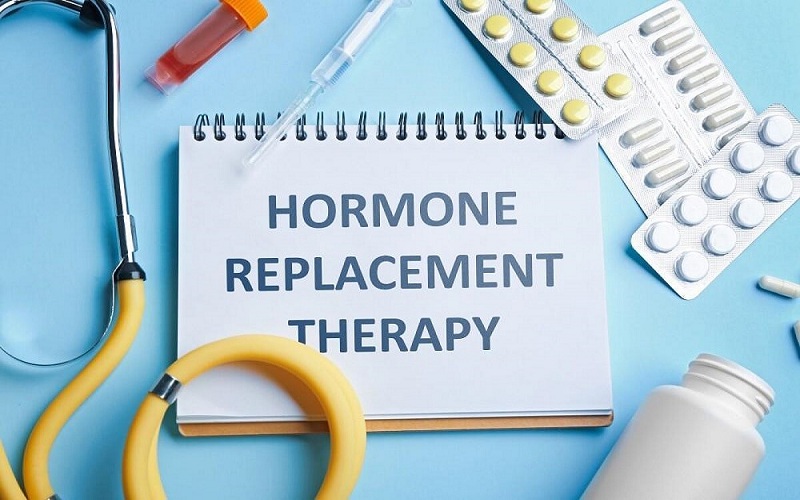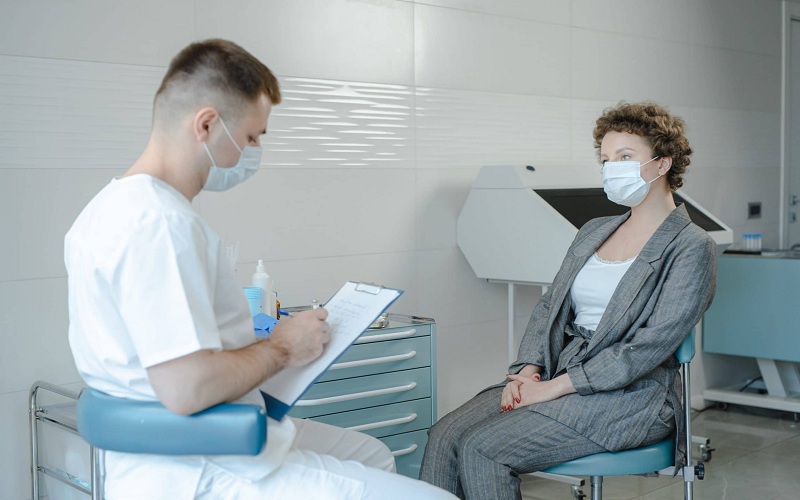When to Take Hormone Therapy for Women
Hormone therapy [HT] for women, also known as hormone replacement therapy [HRT] is used primarily to manage symptoms associated with menopause and other hormonal imbalances. The precise timing that a woman should take hormone therapy depends on various factors, such as the age of the woman, overall health, the severity of symptoms, and individual risk factors. Here is a comprehensive look at when hormone therapy may be appropriate for women.
1. During perimenopause
Perimenopause is the transitional period that leads up to menopause. It typically starts in a woman’s 40s but sometimes, it may start pretty much earlier. During this period, estrogen and progesterone levels fluctuate, leading to symptoms, such as hot flashes, night sweats, irregular periods, mood swings, vaginal dryness, etc.
Hormone therapy for women can be beneficial in managing these symptoms, especially if the symptoms are severe and affect your quality of one’s life. Low-dose oral contraceptives or cyclic hormone therapy may be used to regulate menstrual cycles and relieve symptoms.
2. During menopause
Menopause is often diagnosed officially after missing menstrual period for 12 consecutive months. It often occurs between the ages of 45-55. Menopause is characterized by a drop in estrogen levels, which can lead to various symptoms and health concerns, such as:
- Persistent hot flashes and night sweats
- Sleep disturbances
- Mood changes
- Vaginal dryness and discomfort
- Bone loss
- Risk of osteoporosis
Hormone therapy can be very effective for women experiencing moderate to severe menopausal symptoms. It also offers other benefits, such as helping prevent osteoporosis, improved energy levels, improved quality sleep, etc. The type of hormone therapy that’s right for you depends on what stage of menopause you are at.
3. During postmenopause
Postmenopause refers to the years after menopause. Symptoms of menopause may persist even during this new phase or new health concerns may crop up due to prolonged low estrogen levels. So, it is common to experience continuous hot flashes & night sweats, osteoporosis, cardiovascular health, etc.
Hormone therapy can still be very beneficial at this stage for relieving symptoms and addressing bone health concerns. However, you must carefully weigh the risk of long-term hormone therapy use. It is believed that starting hormone therapy early during the onset of menopause may offer cardiovascular benefits while starting it a bit later may not provide the same benefits and may just pose risks.
Key factors to consider when determining the right time for hormone therapy
1. The severity of the symptoms
One of the top factors that will determine when to get hormone therapy is how severe the symptoms are. Those women with severe menopausal symptoms that impact their quality of life should get hormone therapy as soon as possible.
2. Age and timing
Getting hormone therapy immediately at the onset [within five years] may offer more benefits with fewer risks. On the other hand, starting hormone therapy later in life [more than 10 years post-menopause] can expose women to the risk of cardiovascular events and other complications.
3. Health risks
One’s health history, including risks for breast cancer, stroke, heart disease, liver disease, and blood clots, must also be taken into account when determining the timing of hormone therapy.



